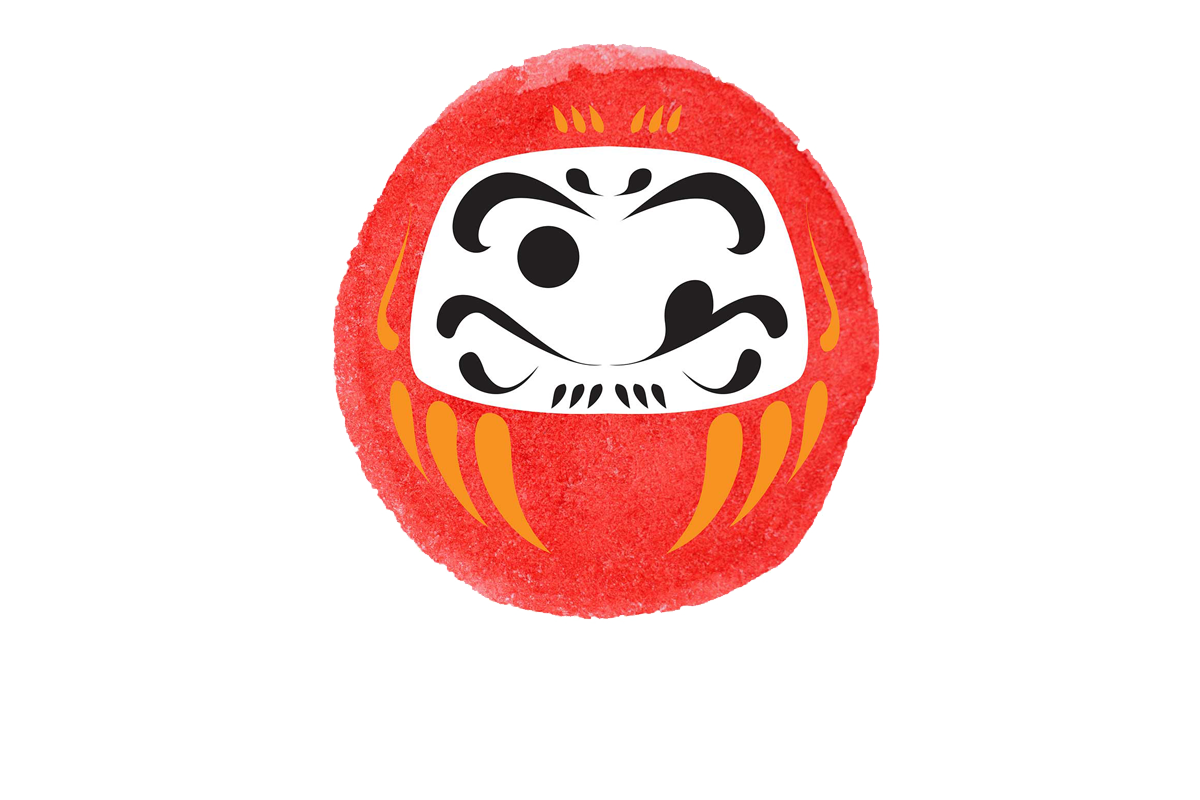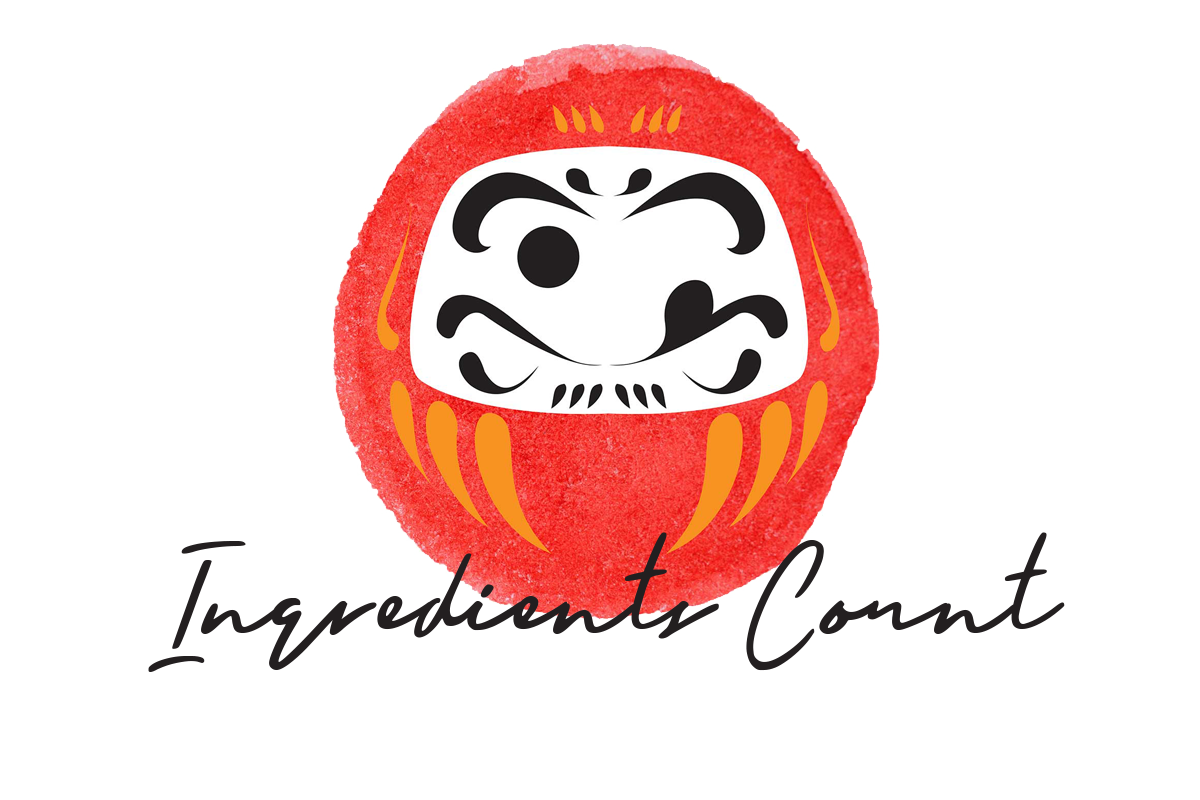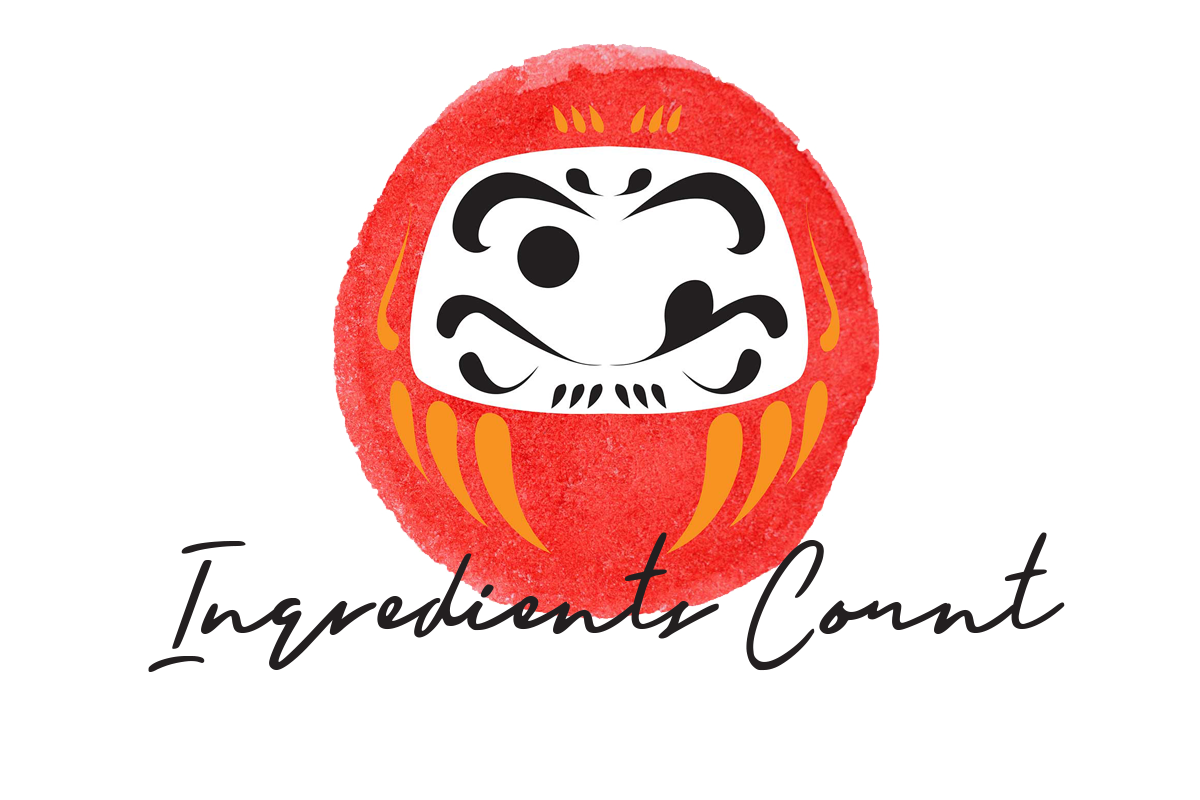One of the first things I tell my students is that Japanese cooking ingredients are highly regional and artisinal. So your end result can vary quite a bit depending on which brands you choose. Here are the brands my recipes incorporate. In general, look for ”product of Japan” on the label. Some items are available at grocery stores around Bainbridge Island,or at specialty stores in Seattle. Others are available through Amazon. If you order through the Amazon links below, I earn a percentage of the sale from qualifying purchases.
Miso
Hikari brand white: TWIN PACK! Hikari ORGANIC White Miso Paste - 2 tubs, 17.6 oz by Hikari Miso (Basic)
Shirakiku brand awase: Shirakiku Awase Miso - 26.45 OZ
Note: Flavor and saltiness vary widely among brands.
Shoyu and Tamari
Highest quality: Ohsawa brand
Note: Ohsawa is sold in Japan as Yamaki Jozo
Excellent: Yamasa brand
Hon (“Genuine”) Mirin
Highest quality: Ohsawa brand
Good: Eden brand
Note: Difficult to find at local stores. I order from Amazon or Vitacost.
Ume plum vinegar
Highest quality: Yumeboshi brand
Good: Eden brand
Rice vinegar
Good: Marukan brand
Marukan Vinegar Rice Genuine Brwd
Marukan Vinegar Rice Genuine Brwd
Note: California company. The “seasoned" version uses only sugar and salt, and is a good substitute for making your own brine.
Cooking sake
Good: Gekkeikan
Note: This brand is available at many grocery stores. It can be used in place of mirin in a pinch, though it is not as sweet as mirin.
Doubanjiang
Highest quality: brands that come from Pixian region
Nori
Good: Yamamotoyama and Takaokaya
Note: Look for “Japan” country of origin on packaging.
Roasted Sesame
Highest quality: Koha or Wadaman
This one comes from Osaka
Sesame Paste
Highest quality: Wadaman
Acceptable: Pepperwood
Kombu for Dashi
Katsuobushi
Green Tea
Maeda-en Sen Cha: https://www.amazon.com/MAEDA-EN-Maeda-Sen-Cha-Green/dp/B007T8JOOO
Maeda-en brand Genmai Cha: https://www.amazon.com/Maeda-en-Brown-Rice-5-3-ounce-Single/dp/B00OKRFMDY
Note: Mix these together in equal parts for a mild blend.
Furikake
Good: Mishima
Note: Make sure it’s the blue “Komi” one. Most furikake has too much sugar and other unhealthy ingredients.
Gochugaru flakes or powder
Note: Aleppo pepper flakes can be used as a substitute, but aleppo is spicier.
Wasabi
Note: Powdered wasabi has no chemical stabilizers or preservatives. But even among powdered versions, other brands such as S&B, contain food coloring.
Ume and ume paste
Highest quality
Acceptable
Note: Ume is notoriously full of industrial chemicals for preserving and coloring.
Aburaage (fried bean curd)
Ota brand in Portland: https://www.otapdx.com/products
Shirakiku brand of frozen aburaage.
Note: It can be difficult to find aburaage "unseasoned." Look at Uwajimaya in the frozen foods sections, but it's not always in stock.
Koji rice
Soybeans
Short-grain rice
Highest quality
Note: In fall, look for “new crop” label.
Tamaki Gold California Koshihikari Short Grain
Tamaki Haiga Mai
Note: This is a hapa rice, polished but with the bran intact.
Note: In fall, look for “new crop” label. This California farm grows a medium grain that cooks up like short grain.
Sesame Oil
Unrefined Salt
Online sources for Japanese ingredients


